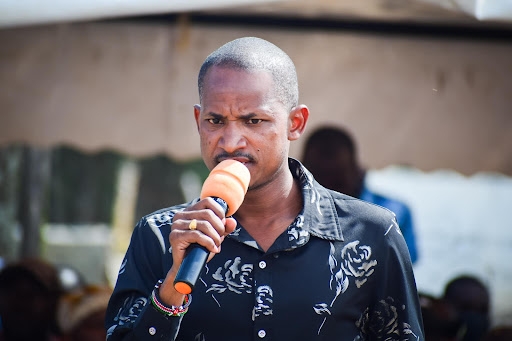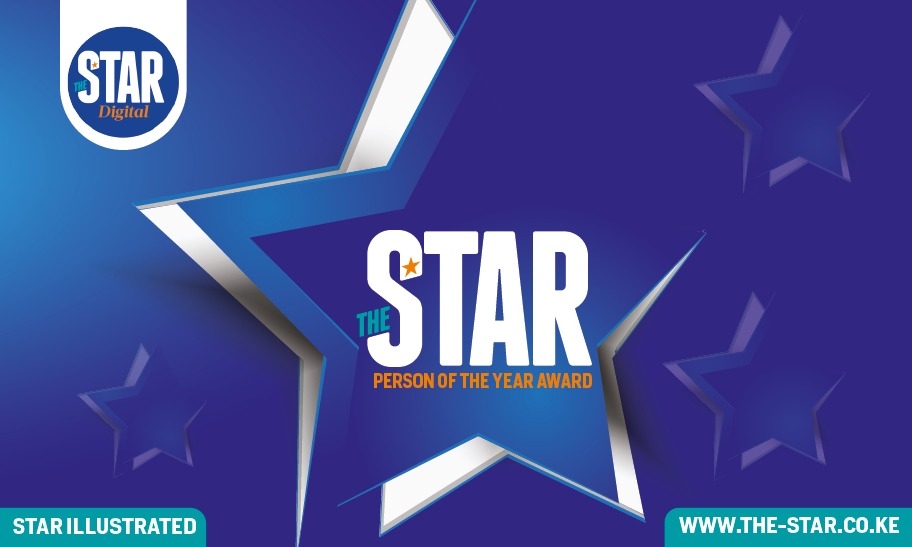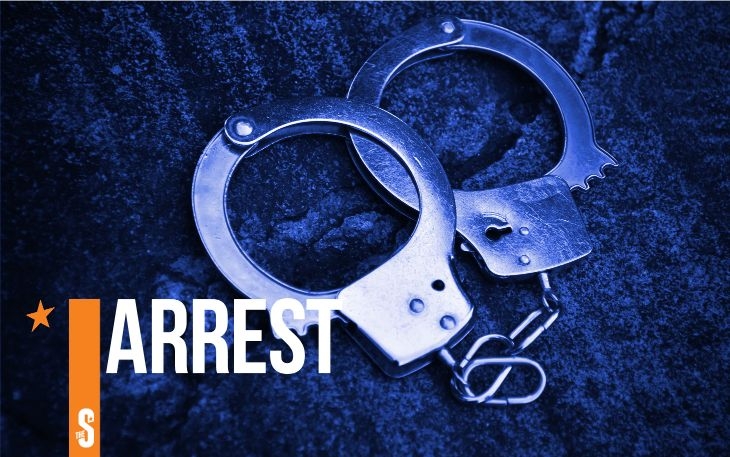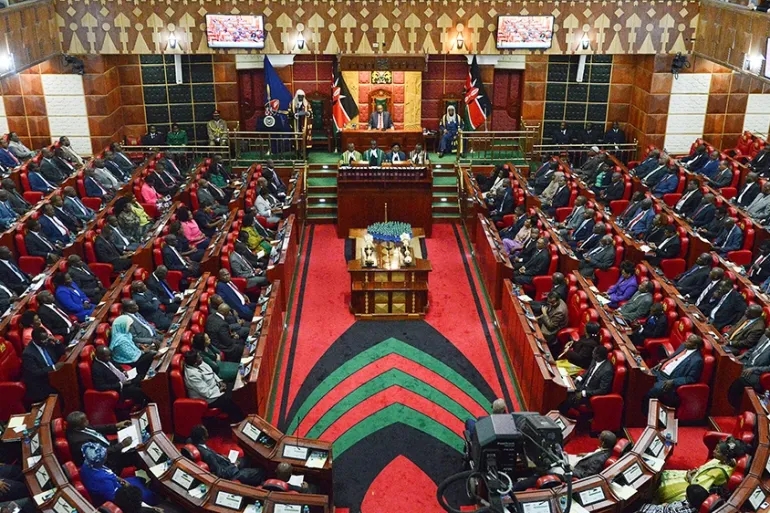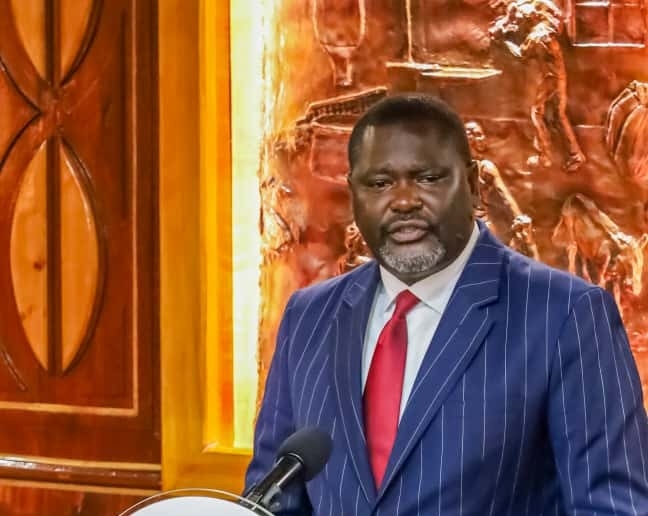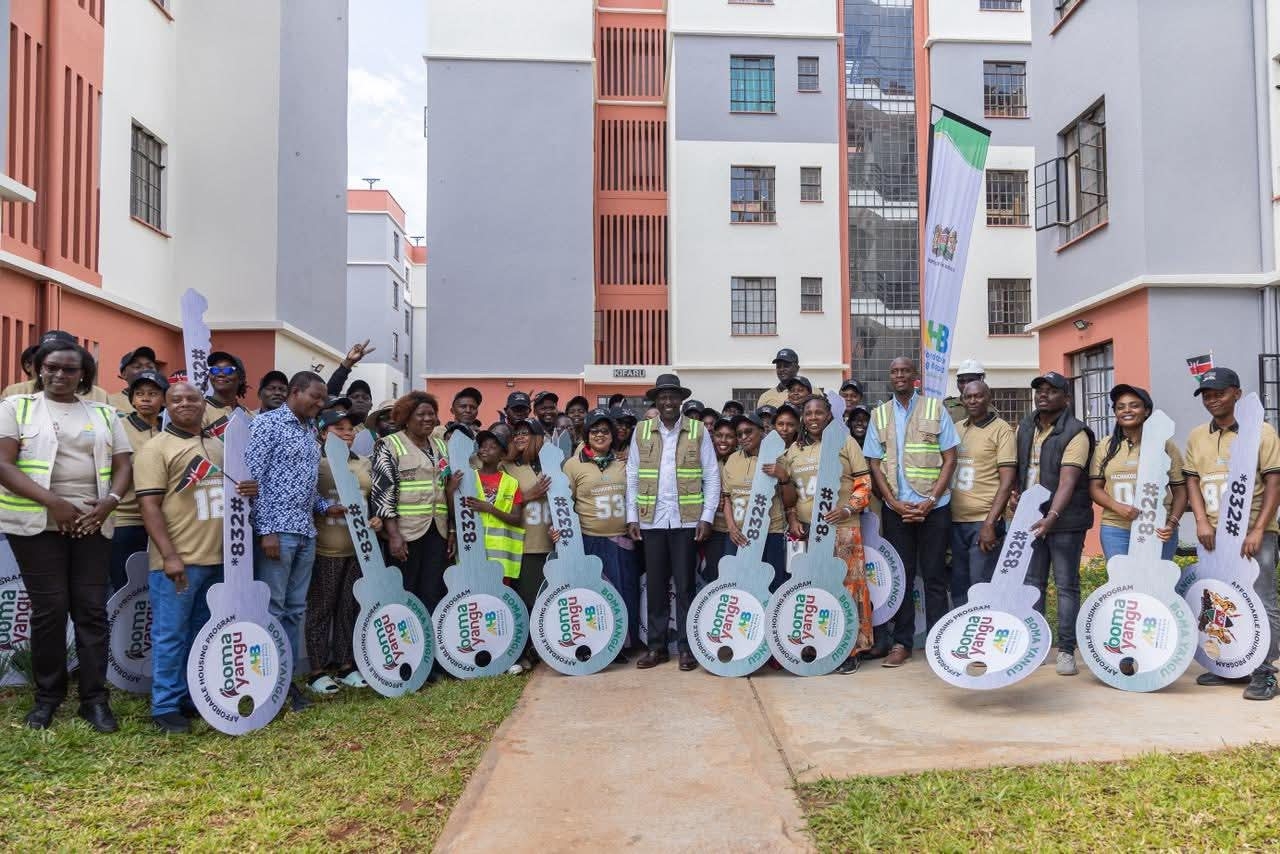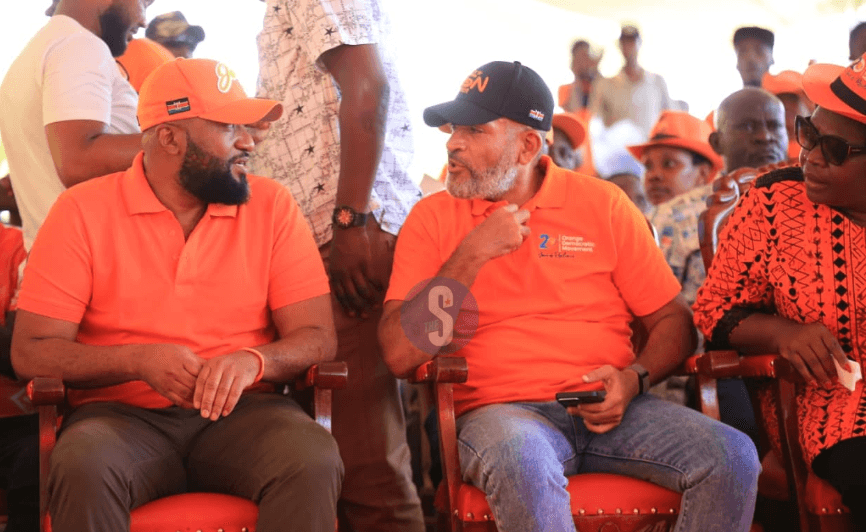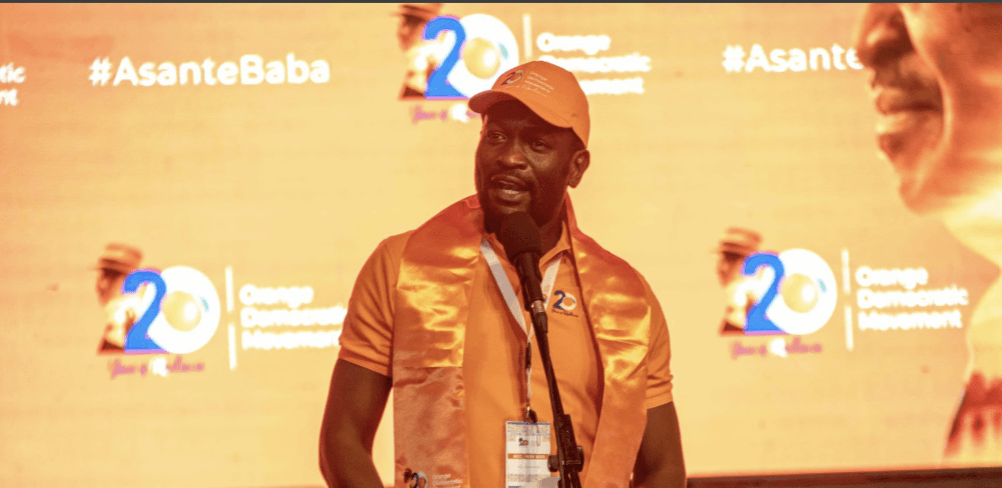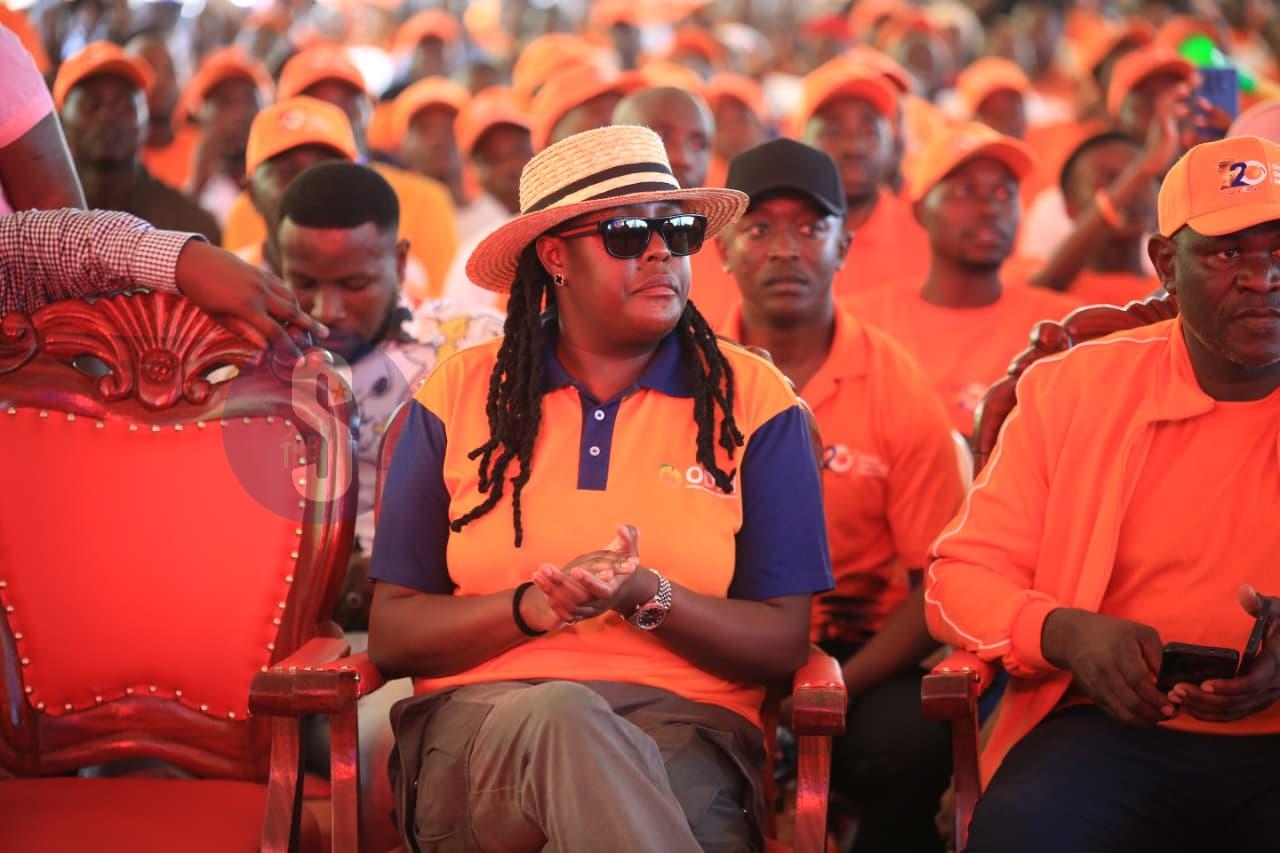The 2024 Olympics concluded on Sunday, but not without controversy.
Algerian boxer Imane Khalif faced intense scrutiny over her gender following allegations that she might be a transgender woman.
Prominent figures such as J K Rowling, Elon Musk and Piers Morgan, known for their trans-exclusionary and anti-trans rhetoric, fuelled the fire, amplifying the issue on various platforms, including traditional and new media.
It's crucial to understand who transgender individuals are. They are persons whose gender identity does not align with the sex assigned at birth.
There are many transgender individuals in Africa as well, but legal recognition is limited to only three countries on the continent – South Africa, Botswana and Namibia. Algeria is not one of them.
Algerian law is particularly harsh, with Article 333 stipulating that “when the outrage to public decency has consisted of an act against nature with an individual of the same sex, the penalty is imprisonment of between six months and three years.”
This law is often interpreted to criminalise gender non-conformity, leaving transgender people vulnerable to imprisonment.
Intersex individuals, whose biological characteristics don't fit typical definitions of male or female, face similar, if not greater, challenges. They are also not legally recognised or protected in Algeria and many parts of the world.
Khalif's gender was questioned following a match where her competitor, Angela Carini, alleged that she had never been hit so hard and forfeited the match.
Based on Khalif's gender expression, many claimed she was a man, arguing it was unfair for the Italian opponent to fight a man. This sparked a debate: is Khalif a man?
Photos from her childhood surfaced, and the Olympic officials confirmed that she was tested and cleared to compete. It was also noted that Khalif had lost nine times to other women in boxing matches.
Thus, Khalif was born female and identifies as a woman, just like many others, but her gender was questioned and she was bullied online because she did not fit certain stereotypes of “womanhood.”
This incident highlights the struggles faced by transgender and intersex individuals. Transgender and intersex persons constantly have to prove their gender identity. The transphobia and intersexphobia they face are pervasive and damaging.
Khalif’s experience serves as a reminder that these prejudices also affect cisgender women. These are women who identify with the gender they were assigned at birth. So, silence is not protection but rather a gateway to further harm.
Many African women do not fit the standard of white, cisgender women, and are at risk of becoming targets of such remarks. This is why it is essential to have conversations about making sports more inclusive.
Why must some sports, like archery, be gendered? The hostility towards intersex athletes, such as the treatment endured by Caster Semenya, underscores the need for revisiting standards and having honest conversations about inclusivity in sports.
Semenya won the 800m gold medal at both the 2012 and 2016 Olympic games, but the rules introduced by World Athletics in 2019 meant she would need to take testosterone-reducing medication to compete internationally. In her book, A Race to be Myself, she describes how damaging it was and how it negatively impacted her health.
In the end, transgender and intersex individuals deserve to participate fully in all aspects of life, including sports. It is time for a shift towards greater inclusivity, understanding and respect.
By raising our voices and challenging harmful narratives, we can work towards a future where everyone is free to be themselves without fear of discrimination or exclusion.
Khalif's story is not just about one athlete's struggle; it is a reflection of a broader societal issue that demands our attention and action.
Silence will not protect us, but speaking out and standing up for the rights of all individuals will pave the way for a more just and inclusive world.
Now, we have the chance in Kenya to engage in this inclusivity, particularly for intersex persons, who already have legal recognition. We must ensure that they can enjoy their rights and freedoms, even in sports.
Programme assistant for transgender rights at the Kenya Human Rights Commission (KHRC)



